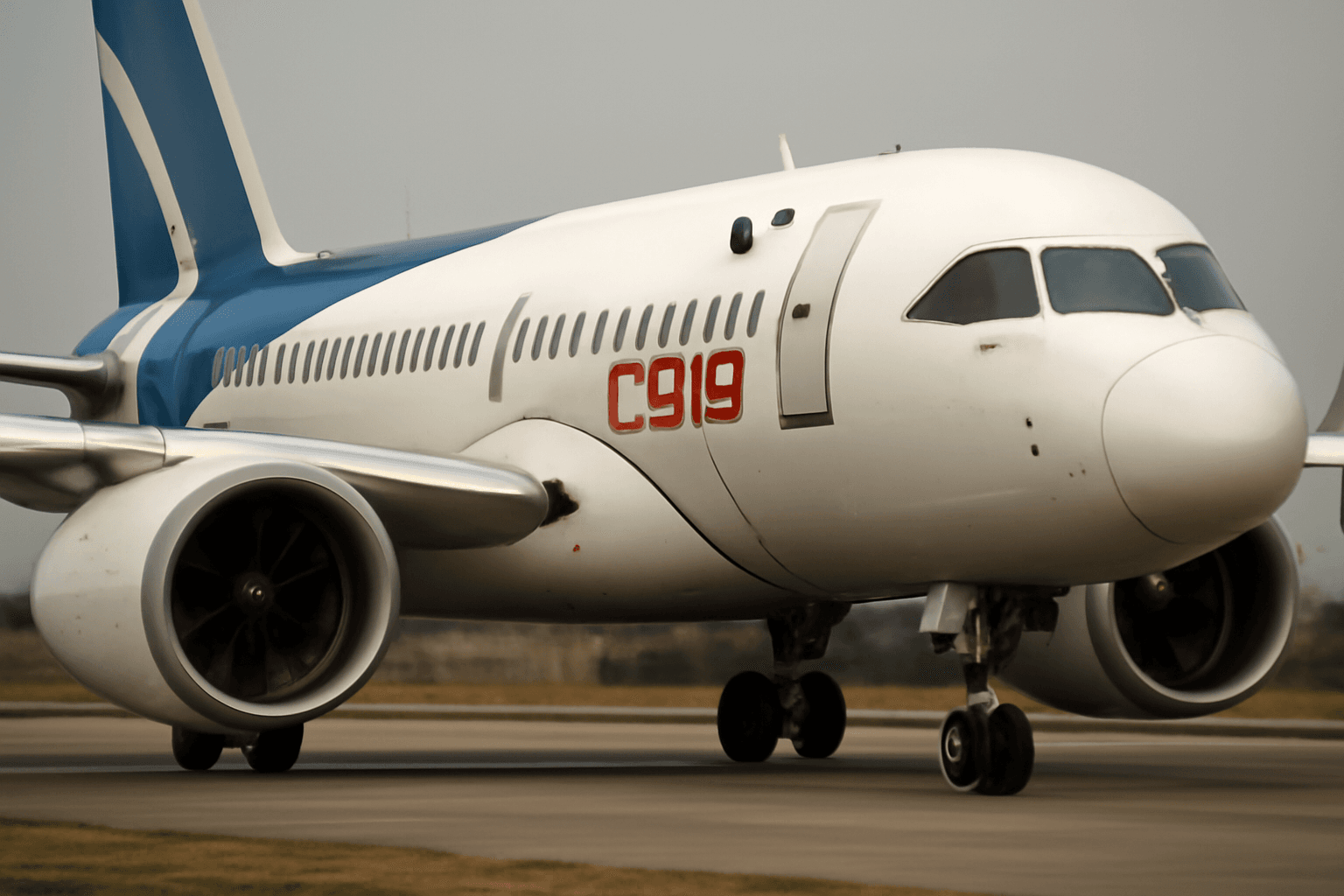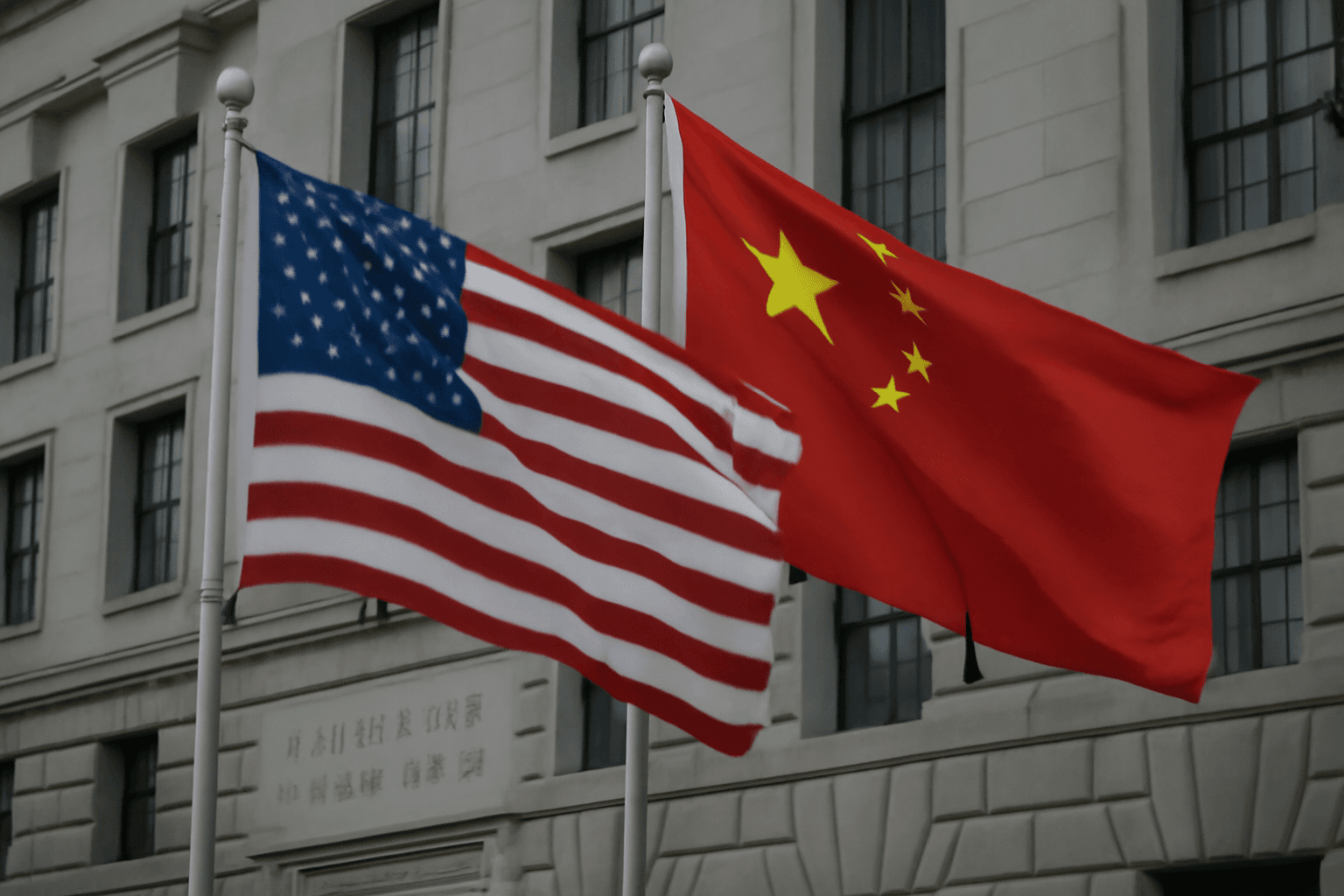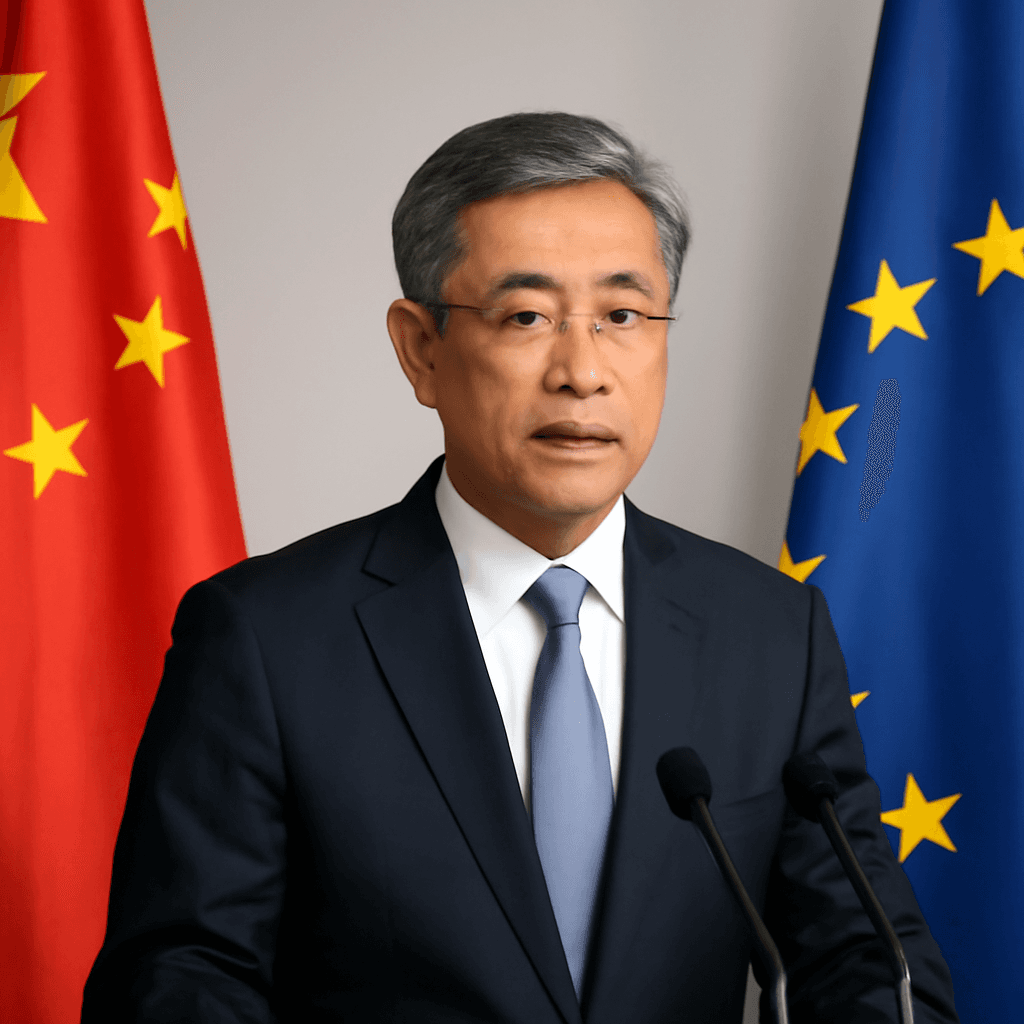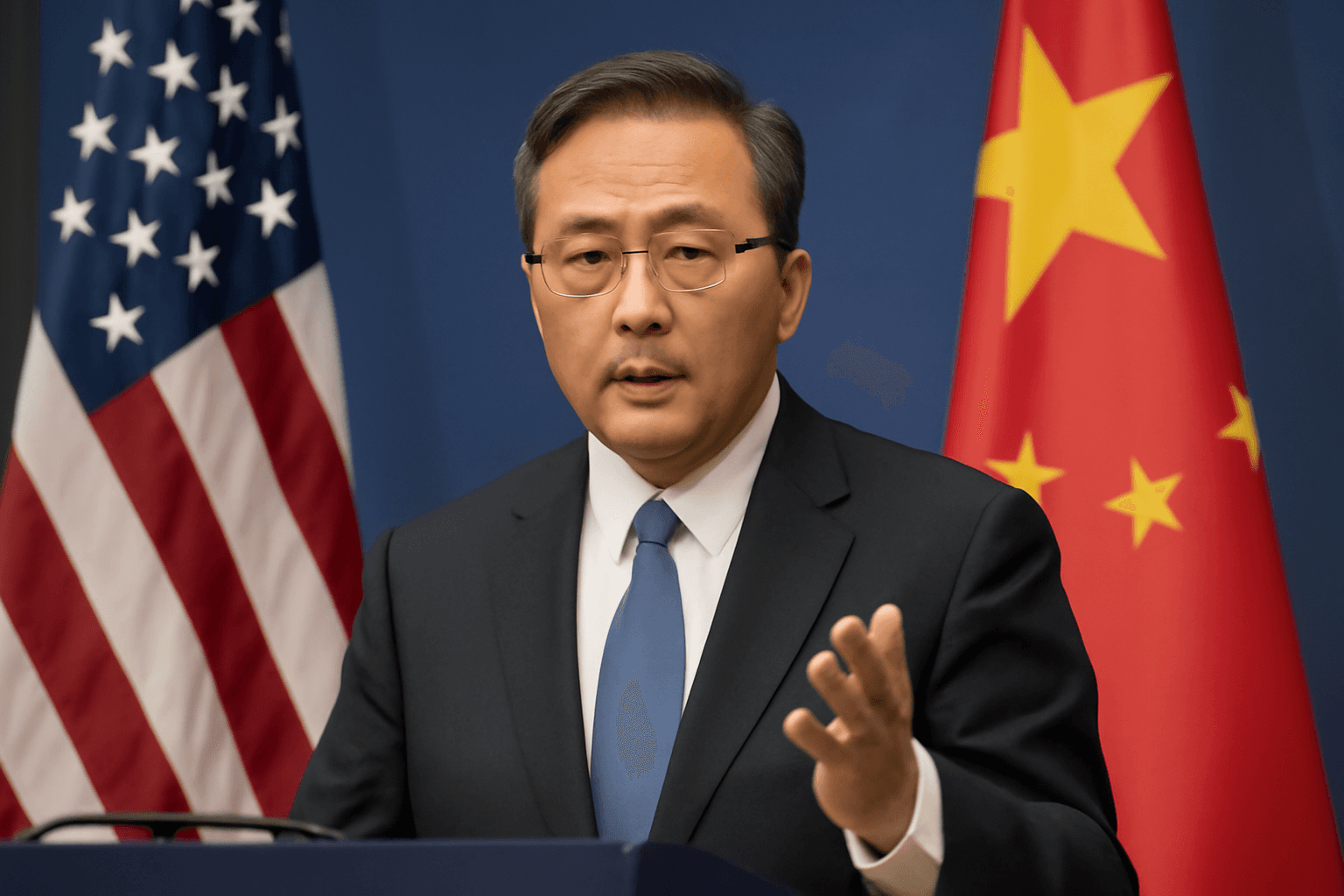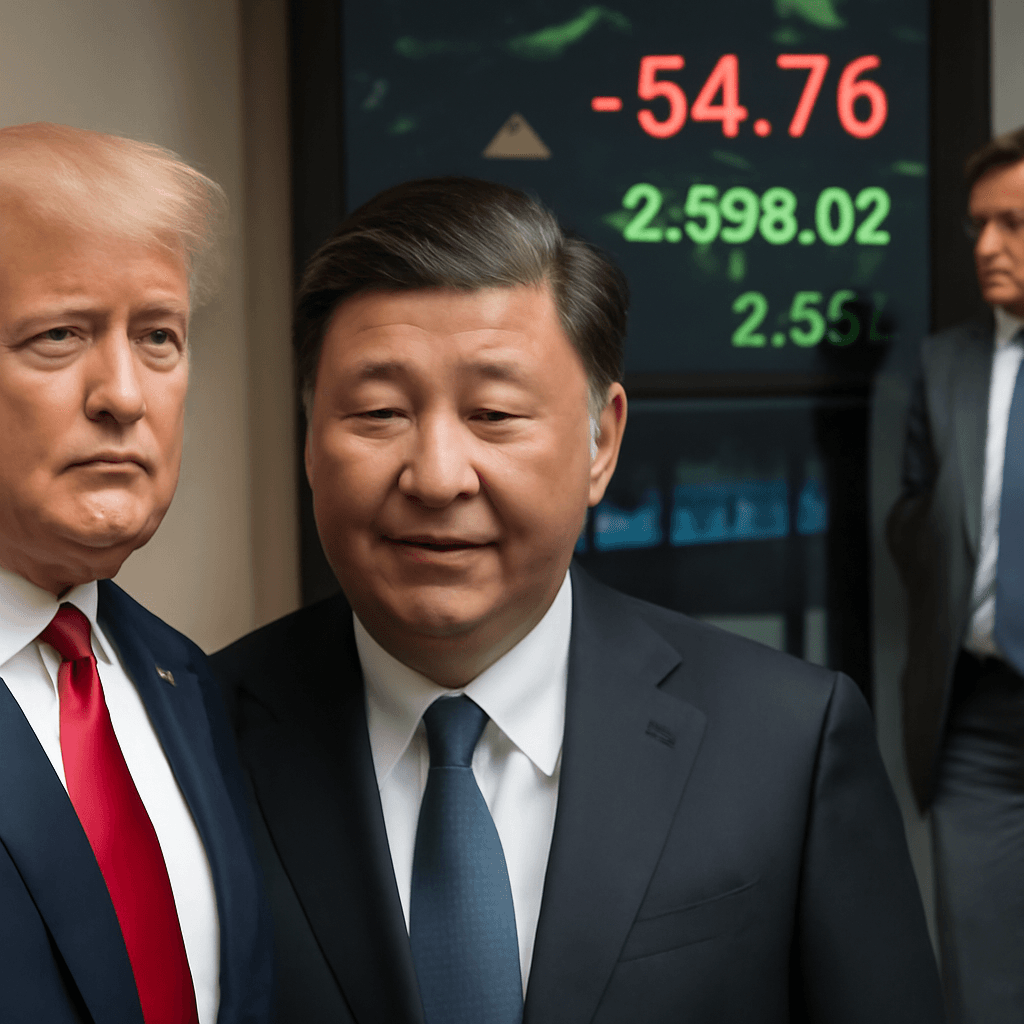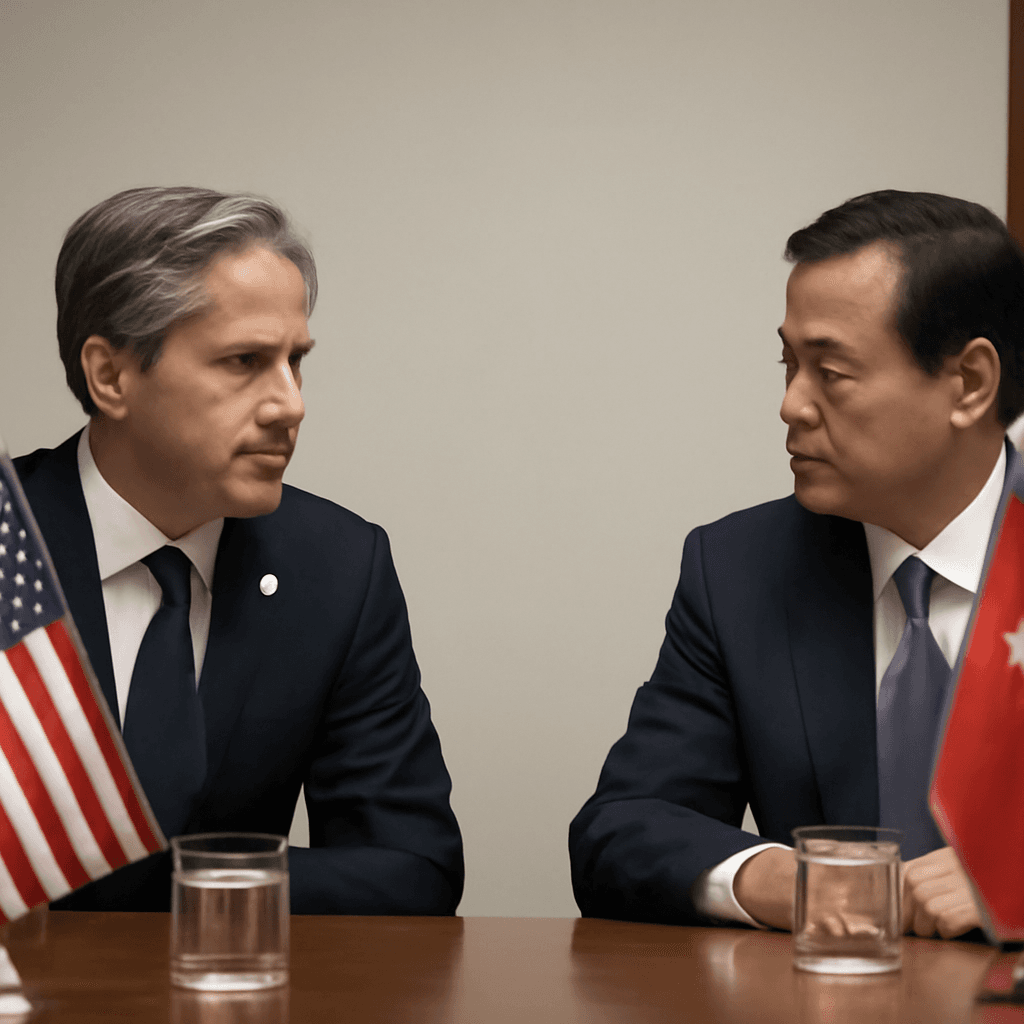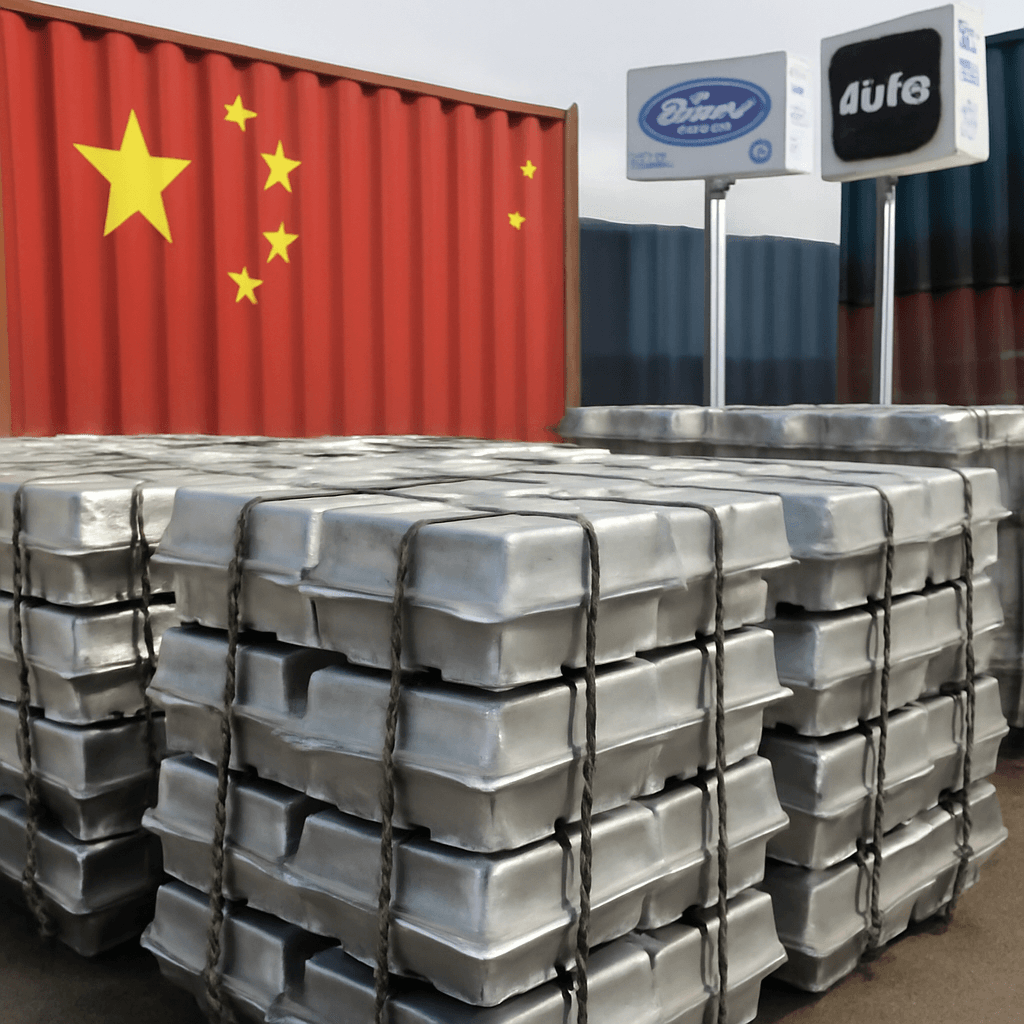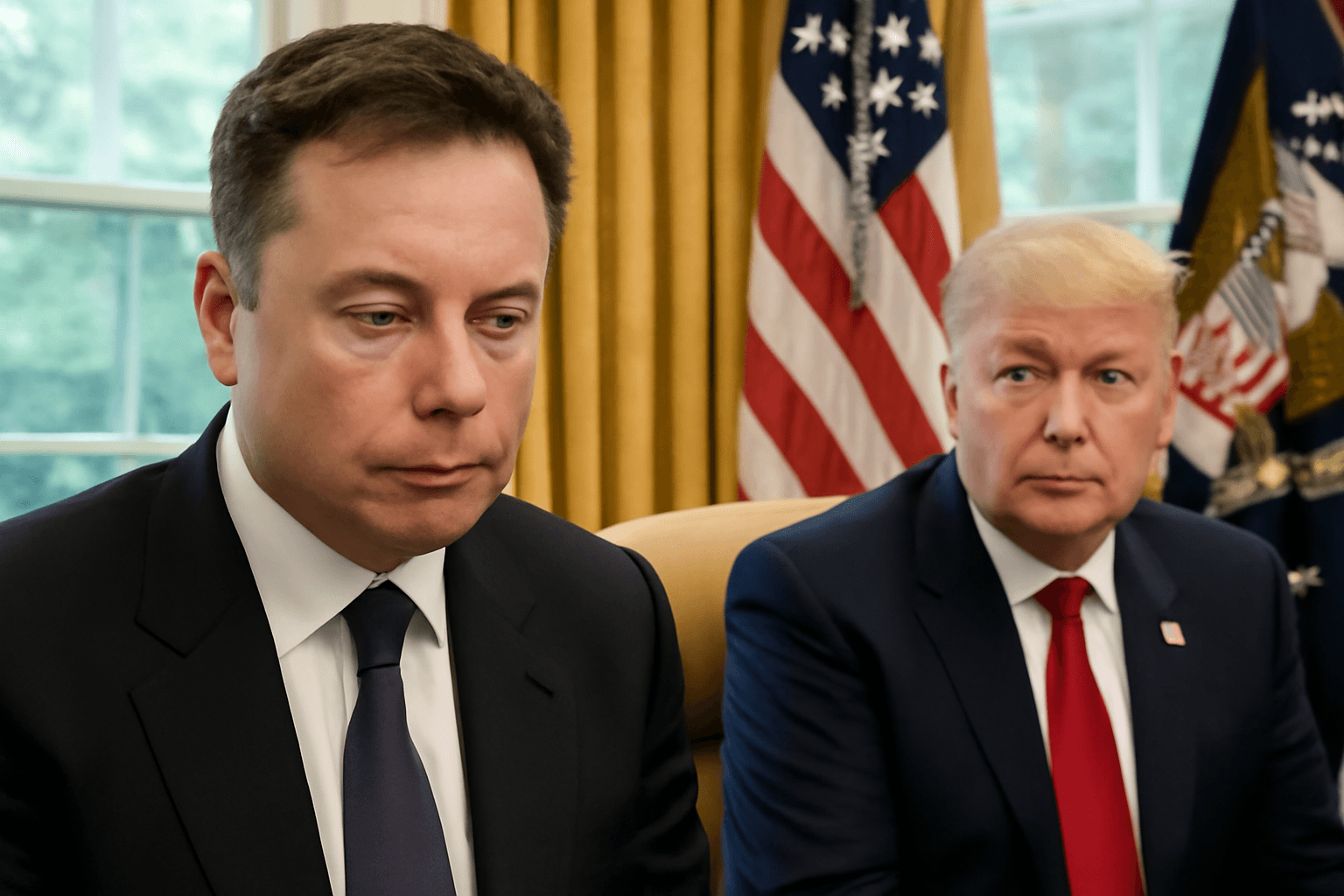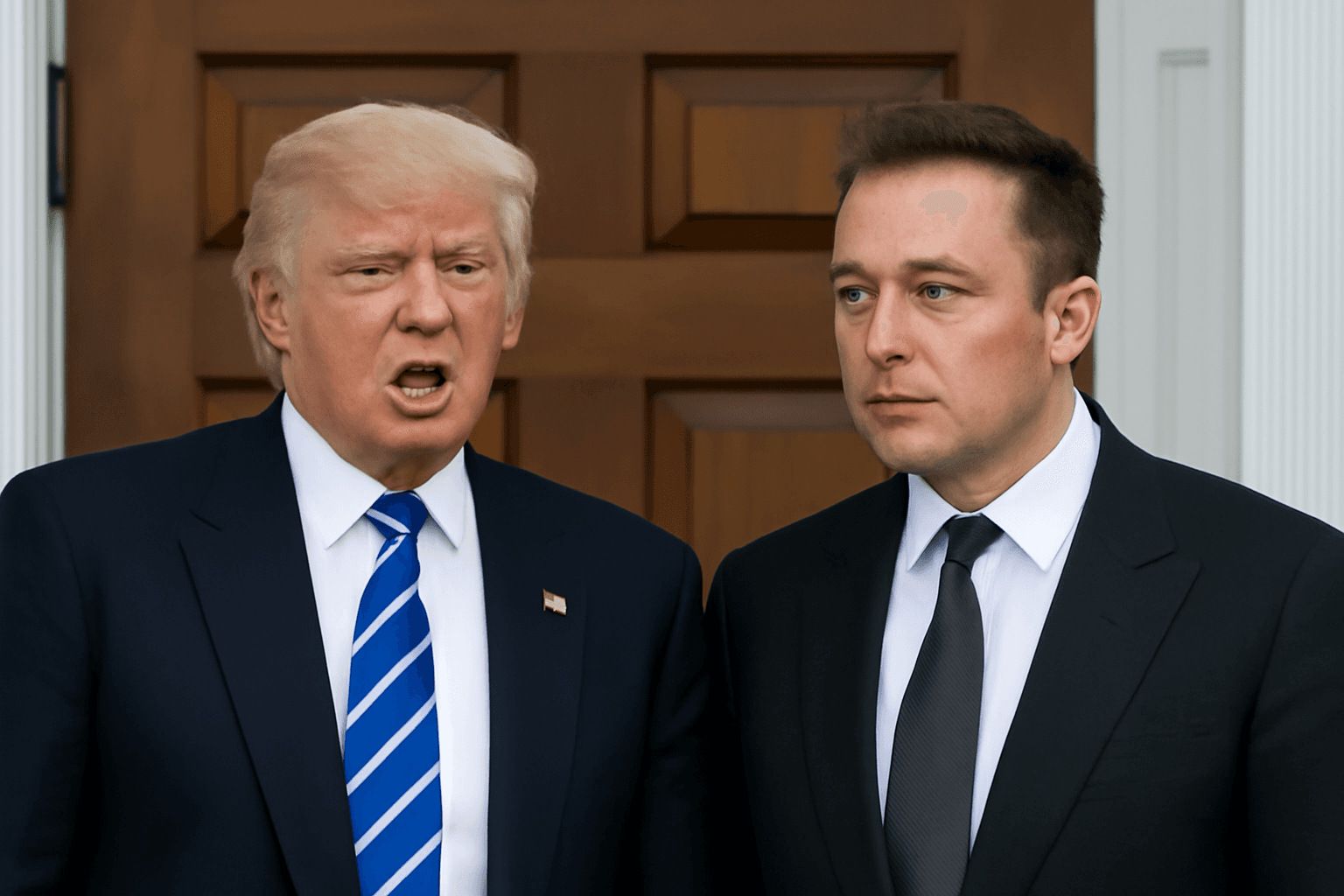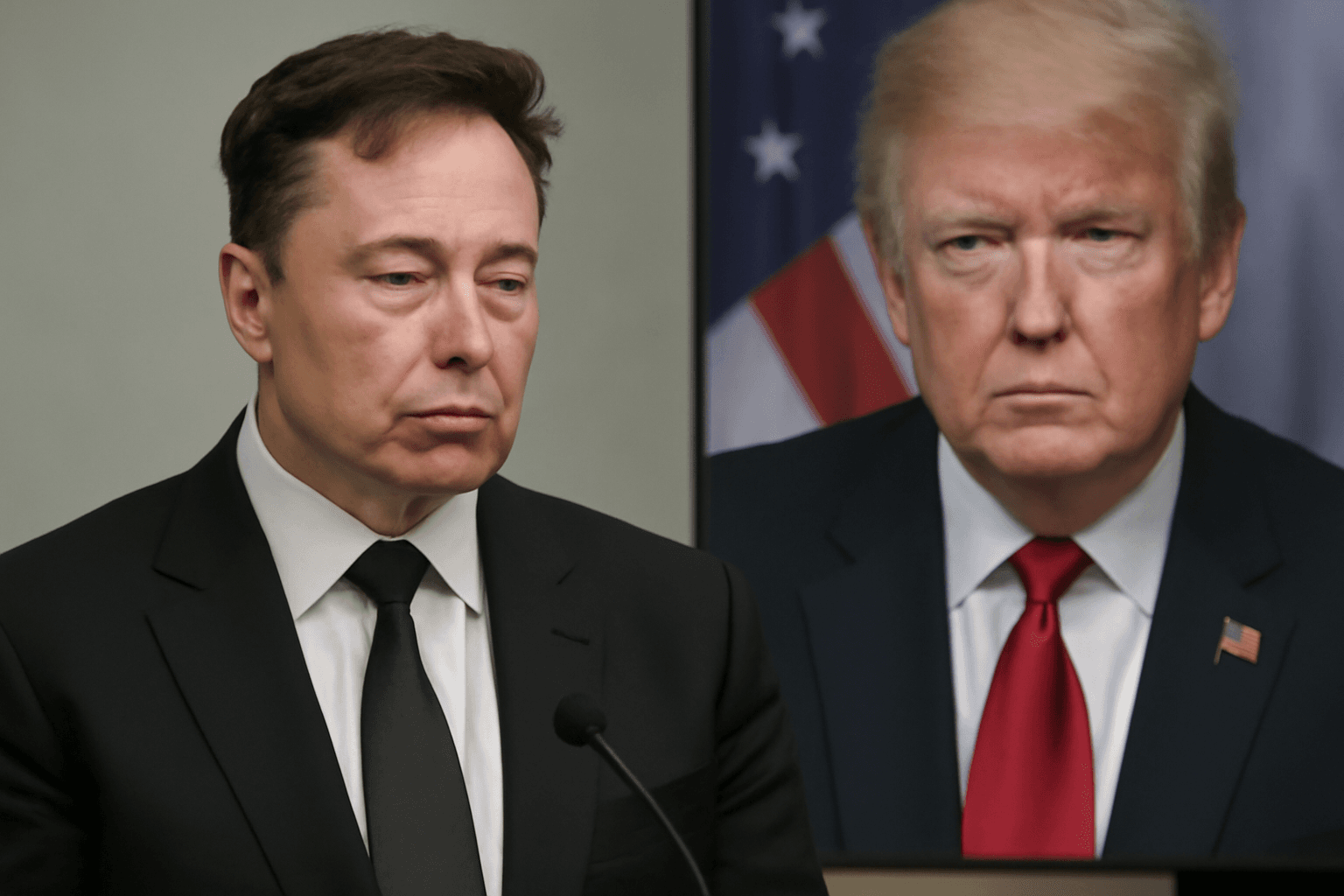The United States Commerce Department has suspended export licenses for critical jet parts and technology to China's state-owned Commercial Aircraft Corporation of China Ltd (Comac), delivering a significant setback to the Chinese aviation industry.
According to a recent report from the New York Times, the Trump administration's move restricts American firms from supplying essential products that Comac depends on, notably the GE Aerospace engines used in manufacturing Comac's flagship C919 aircraft.
The Commerce Department confirmed to Bloomberg that it is conducting a comprehensive review of exports with strategic significance to China. While some export licenses have been suspended outright, others face stricter licensing requirements pending review.
Though Comac currently holds a stockpile of engines sufficient for this year's production needs, these restrictions threaten the company's long-term supply chain and business prospects.
Context of China-US Trade Tensions
This latest export limitation is part of broader trade and economic conflicts between Washington and Beijing. China has consistently condemned US sanctions on its products, labeling them wrongful and urging reversal.
Recently, as US courts upheld reciprocal tariffs imposed during the Trump administration, China emphasized that "trade wars have no winners," reflecting ongoing tensions that have severely disrupted global markets.
Historically, both nations enacted steep tariffs against each other's goods, with US tariffs on Chinese imports reaching as high as 145% and Chinese tariffs on American products peaking at 125%. Though both countries have since reduced these rates—US tariffs on Chinese goods now at approximately 30% and select Chinese tariffs on US imports lowered to 10%—trade frictions persist.
This export control marks a critical escalation, potentially hindering China's ambitions in commercial aviation and exemplifying the strategic competition between the world’s two largest economies.

